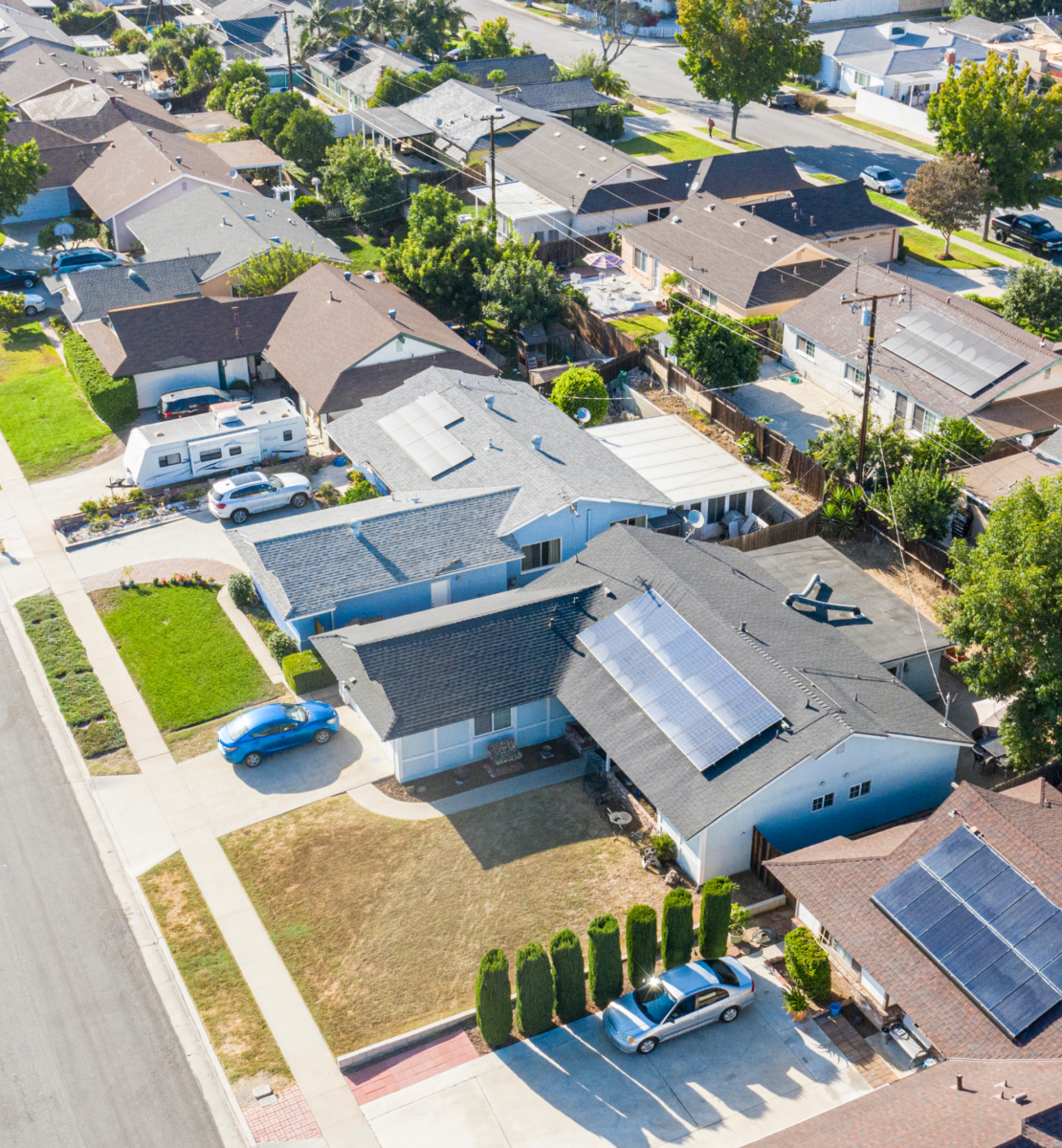Simply Energy, the retail branch of French energy giant Engie, will be expanding its Virtual Power Plant (VPP) program from late January next year to customers in New South Wales, Queensland and Victoria. It will also now include batteries and solar inverters from AlphaESS, Eguana, SolarEdge, SolaX, sonnen, and Varta, while continuing to support Tesla. Additional customers in South Australia will also be invited to join the VPP after numbers there had previously been capped.
VPPs essentially aggregate fleets of residential batteries, combining their capacity so they are able to meaningfully trade on energy spot markets and the frequency control ancillary services (FCAS) market. In doing so, they provide greater returns to households with batteries, with Ryan Wavish, Simply Energy’s General Manager, describing VPPs as making “a significant dent in the affordability of [battery and other renewable] technology.”
Simply Energy’s VPP expansion follows a successful pilot run by the company in South Australia from 2018, which was supported by the Australian Renewable Energy Agency (ARENA) and was built using New South Wales Energy management software company SwitchDin’s Stormcloud platform.
New technologies and capabilities to be introduced
The expanded VPP offer will continue to use this technology, with SwitchDin’s CEO and founder, Andrew Mears, telling pv magazine Australia it will soon integrate forecasting capabilities into program after identifying export constraints and battery capacity as issues affecting the optimisation of VPP technology.
Alongside its Stormcloud platform, SwitchDin coordinates Simply Energy’s VPP with its gateway Droplet device which communicates directly with the household’s battery and inverter, allowing it to “provide optimising control of the assets in order to prove the way it works,” Mears said.
Using SwitchDin’s technology, the VPP will soon begin tracking household’s solar pv system output and forecasting a day ahead how much solar to expect. It will also provide a forward estimate of the household’s consumption as well as market pricing. These new features, which are just coming into the platform now, seek to smooth out issues around the “firmness” of the battery fleets’ response, which the companies became aware of during the pilot.
“So you can actually anticipate in advance the sort of situation… and make the best choice on what’s going to deliver the most value,” Mears said. Unlike Discover Energy, which also runs a VPP program across the east and soon west of Australia, Simply Energy has not come up against significant connectivity issues, showing the diversity of hiccups the different platforms are coming up against.
Government-run vs. industry VPP rollouts
While Wavish said Simply Energy’s South Australian pilot, which received $7 million in financial support from ARENA and cost a total of $24 million, “proved” the unsubsidised commercial return on VPP services, the technology is indeed still maturing.
Earlier this week, the Western Australian government launched its $35 million VPP program, illustrating that while these platforms already make financial sense for industry, there is still work to be done to ensure VPP activity with network capacity coordinate in ways which are helpful to both.
This, Wavish says, is the reasoning behind this concurrent push into VPPs from both an industry and governmental position, with the GM noting that what government’s are currently investing in goes far beyond the VPP platform and into the realm of advanced coordination. “Things like dynamic operating envelopes and other more sophisticated layers of management are coming into these trials now,” he said.
“The trials now are sort of looking to make sure by the time these VPPs have grown and they’re at a significant scale, that the technology is available to ensure they interact with the grid in the most optimal way.”
Future ambitions
In South Australia, Simply Energy’s VPP pilot drew in 1350 customers and boasted a capacity of just over 6 MW. It is hoping in 2022 each of its three new locations will be able to command 1 MW of capacity before the year’s end, enabling it to trade on the all important FCAS service market, which has proven the most lucrative.
Simply Energy is also planning to integrate community batteries into their residential VPP fleet. The company has two publicly announced community battery projects in Victoria, one with United Energy involving 42 pole mounted batteries and the other with PowerCor. This will grow the company’s fleet significantly as community batteries tend to be many times the capacity of those installed in private households. “So it grows our fleet, but it also services customers that don’t necessarily have their own battery,” Wavish said.
This new development, however, is really just the first step, according to SwitchDin founder Andrew Mears. “There’s more to come – electric vehicles are going to be key in this picture,” he said. “Bringing these together into a VPP offer is really a great way of stacking different value and bringing economies of scale into the delivery of residential energy services.”
This content is protected by copyright and may not be reused. If you want to cooperate with us and would like to reuse some of our content, please contact: editors@pv-magazine.com.









By submitting this form you agree to pv magazine using your data for the purposes of publishing your comment.
Your personal data will only be disclosed or otherwise transmitted to third parties for the purposes of spam filtering or if this is necessary for technical maintenance of the website. Any other transfer to third parties will not take place unless this is justified on the basis of applicable data protection regulations or if pv magazine is legally obliged to do so.
You may revoke this consent at any time with effect for the future, in which case your personal data will be deleted immediately. Otherwise, your data will be deleted if pv magazine has processed your request or the purpose of data storage is fulfilled.
Further information on data privacy can be found in our Data Protection Policy.